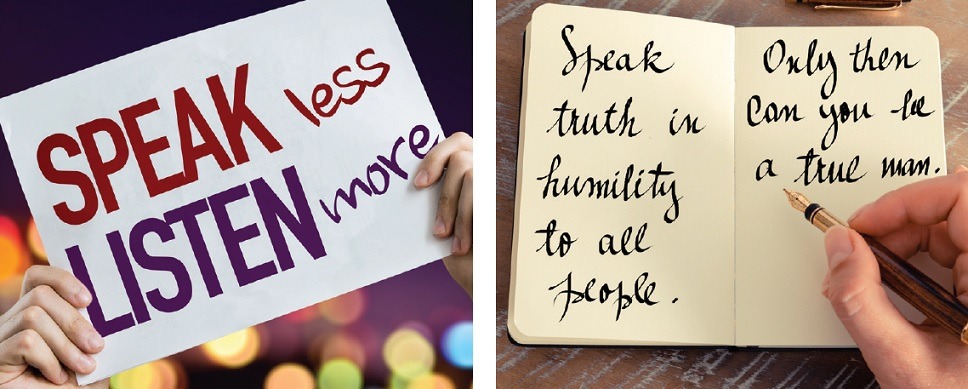Indigenous protesters in Brazil demand recognition of traditional land rights

Brasilia, Aug 25 (EFE).- Thousands of indigenous demonstrators gathered here Wednesday outside Brazil’s Supreme Court building ahead of a case with major implications for the settling of future land disputes involving native people.
The protest was organized due to expectations the hearings would get under way on Wednesday, although the court probably will not consider the matter until Thursday at the earliest.
The large group of roughly 6,000 indigenous people, according to the movement’s organizers, arrived in Brasilia from different parts of the country.
In the case, the court will weigh in on the “Marco Temporal” (Time Frame) legal argument, a concept promoted by some businesses that states that indigenous people can only assert the right to lands they were occupying at the time Brazil’s current constitution was adopted in 1988.
Indigenous movements, however, say that if that legal argument is accepted it will effectively eradicate their “ancestral rights” and legitimize the theft of their traditional lands by agribusiness, mining and logging groups before the charter went into effect.
The case stems from a lower court ruling that found that a public-sector body in the southern state of Santa Catarina was the rightful owner of lands that native peoples claim as their own.
The federal government’s Funai indigenous affairs agency appealed the decision, and the Supreme Court agreed to take up the case.
The lands in question were occupied for centuries by the Xokleng, Guarani and Kaingang peoples until those indigenous groups were forcibly removed by settlers in the mid-20th century.
Basing its decision on the Marco Temporal legal argument, however, that lower court ruled that in October 1988 those lands were in the hands of a Santa Catarina government body and refused to recognize the resettlement by indigenous communities of some of that territory beginning in 1996.
On Monday, a United Nations human rights expert said acceptance of the Marco Temporal argument “would result in significant denial of justice for many indigenous peoples seeking the recognition of their traditional land rights.”
“Under (Brazil’s) constitution, indigenous peoples are entitled to the permanent possession of the lands they traditionally occupy,” Francisco Cali Tzay, the UN’s special rapporteur on the rights of indigenous peoples, said. “If the Supreme Court accepts the so-called Marco Temporal in its ruling on land demarcation … it could legitimize violence against indigenous peoples and inflame conflicts in the Amazon rainforest and other areas.” EFE
ed/mc





